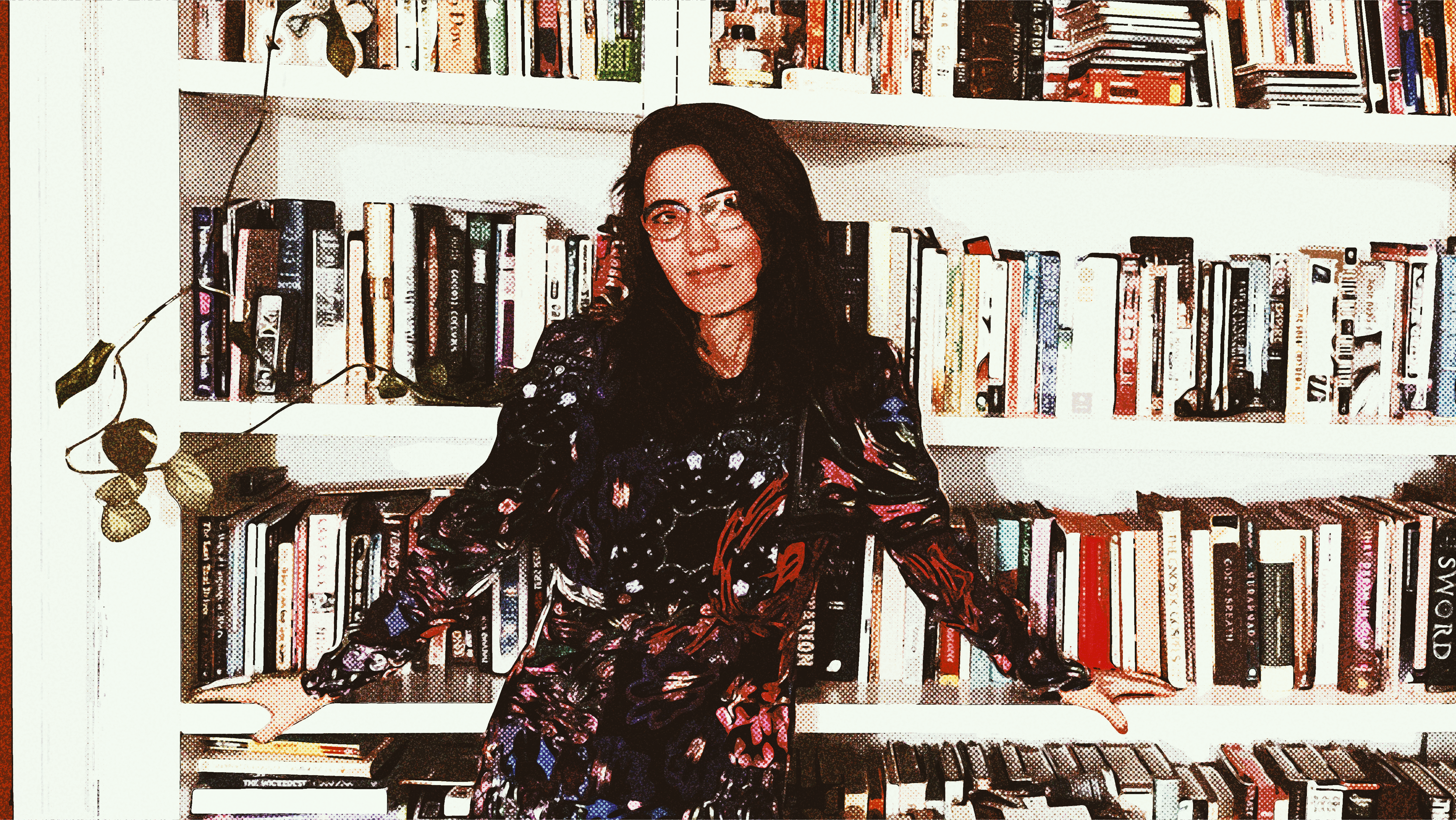
Ledia Xhoga: Is there such a thing as a ‘winner’ when it comes to literature?
The Albanian-born author of “Misinterpretation” discusses her writing process, the themes behind her debut novel, and the pressures that come with being longlisted for the Booker Prize.
“The interpreter is now somebody I used to know, like the song goes.”
“Is there such a thing as competition in art?"

Arian Lumezi
Arian Lumezi is a journalist at K2.0. He holds a master’s degree in International Journalism from Cardiff University, pursued through a Chevening scholarship.
This story was originally written in Albanian.